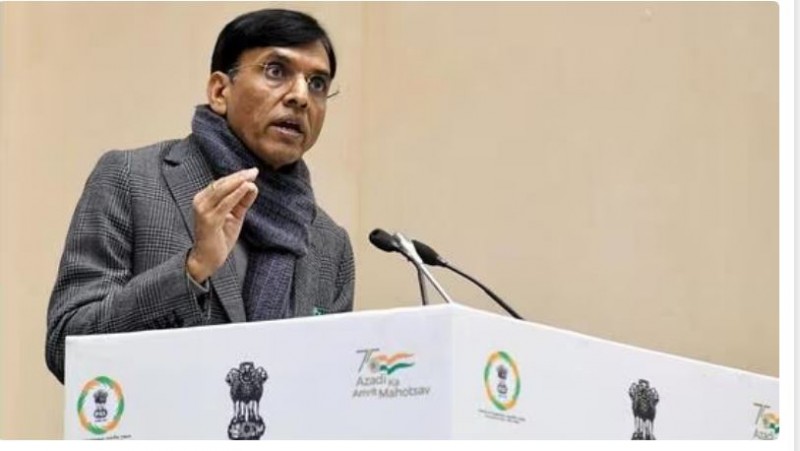
India is gearing up to finalize a deal with Mauritania for importing rock phosphate, a crucial ingredient in fertilizers. This move comes in response to disruptions caused by the Ukraine conflict and the Red Sea crisis, which have led to a surge in global fertilizer prices. Mansukh Mandaviya, India's Minister for Chemicals and Fertilizers, revealed this plan in an interview.
With a massive Rs 1.64 trillion allocated for fertilizer subsidies in the recent union budget, India is actively seeking reliable fertilizer suppliers. Over the past two years, India has already secured long-term agreements with several countries including Morocco, Senegal, Israel, Oman, Canada, Saudi Arabia, and Jordan to ensure a steady supply.
Despite efforts towards self-sufficiency in urea production, India still relies on imports to meet its demand for rock phosphate. Mandaviya stated, "To address our rock phosphate demand, we have signed long-term contracts with various countries. Now, we are exploring agreements with Egypt and Mauritania to enhance the availability of phosphatic fertilizers like DAP and NPK."
Highlighting the importance of such agreements, Mandaviya emphasized that they not only ensure supply security but also help mitigate crises like the COVID-19 pandemic and geopolitical tensions. Rock phosphate is a crucial raw material for DAP and NPK fertilizers, and fluctuations in its international prices directly impact domestic prices, affecting agriculture, which heavily depends on fertilizer imports.
India's fertilizer requirements stand at approximately 43.5 million tonnes annually, with significant imports of muriate of potash, phosphate rock, phosphoric acid, and DAP. Despite being a major player in DAP production, India still imports a significant portion of its requirements.
Mandaviya acknowledged challenges faced during crises like COVID-19 and the Red Sea crisis, including port closures and supply chain disruptions. However, he assured that the Indian government is taking measures to ensure uninterrupted fertilizer supply, even amid rising freight costs and delays in shipments.
Regarding fertilizer subsidies, Mandaviya affirmed the government's commitment to supporting farmers, stating that subsidies would be adjusted as needed to stabilize prices. Efforts are also underway to achieve self-sufficiency in urea production by 2025 through increased domestic production and the promotion of alternative fertilizers like nano urea and urea gold.
In line with this goal, the government aims to operationalize the Talcher Fertilisers Ltd plant, based on coal gasification, this year. Currently, four fertilizer plants are operational in India, with plans for expansion and modernization to meet growing demand and reduce dependency on imports.
Here's How India and Brazil Forge Pact to Boost Pulse Trade
India to Extend LNG Import Deal with Qatar for 20 Years at Reduced Rates